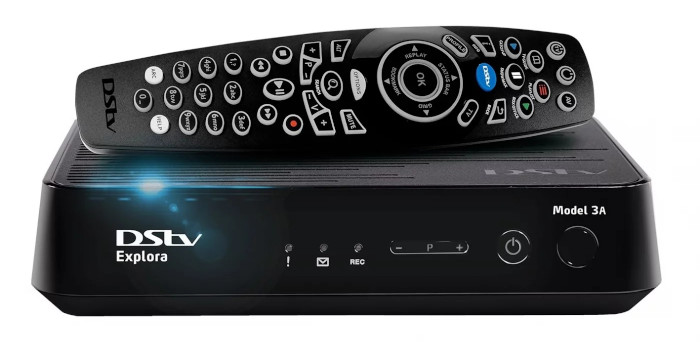When shopping for your television entertainment packages, there are a few options to consider, and it’s usually a straight-forward process. However, there can be a bit of confusion around some of the terminology and devices that AV stores sell. One of which is the difference between a decoder and multiplexer; so exactly sets them apart?
Firstly, they’re not necessarily for the same purpose. While a decoder provides digital satellite channel signals, a multiplex is used to ‘zip’ those signals and distribute them further. We’ll go a bit more into the nitty gritty of it all:
Multiplexer:
A multiplexer (sometimes referred to as an MUX), allows a broadcaster or subscriber to compress or ‘zip’ TV content so that several channels can be distributed using the same bandwidth that used to be required for a single analogue channel.
For example, a hospital or large building may want to distribute satellite transmissions to many televisions. A multiplexer can combine all the channels sent to the satellite dish and send them to the TVs in various rooms, where the broadcasts will be ‘demultiplexed’. Homeowners also can use a multiplexer to combine separate transmissions, for example from a satellite and a television antenna.

Decoder:
By definition, a decoder is something that turns a signal or multiple signals into a different form, most commonly a digital signal into an analogue one – basically taking a complex signal and converting it into a many variations of that signal.
For television purposes, a satellite decoder (also called a receiver or descrambler), such as those used by satellite TV providers like DStv or TopTV, take a signal from an orbiting satellite and convert it into watchable TV programming. Decoders not only receive and descramble these signals, but also combine this important function with the ability to provide many convenient features like on-screen channel guides, digital music stations and DVR recording capability.

Conclusion
So, while multiplexers are used to simplify multiple signals into single signals in order to be broadcasted to another TV or output point (usually done in commercial spaces), decoders take a digital signal and descramble it to be used on a single output point with various channels and functions included.




